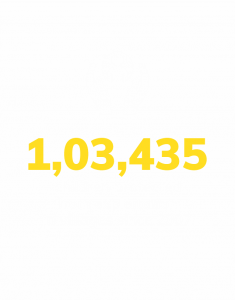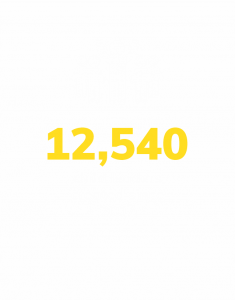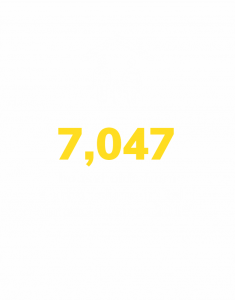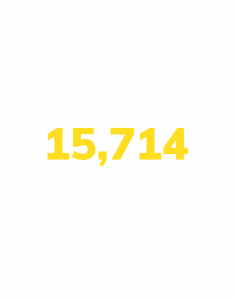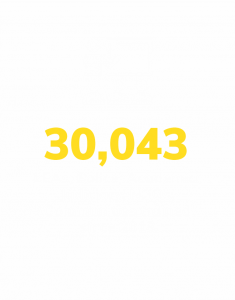Donate & Empower Girl Child
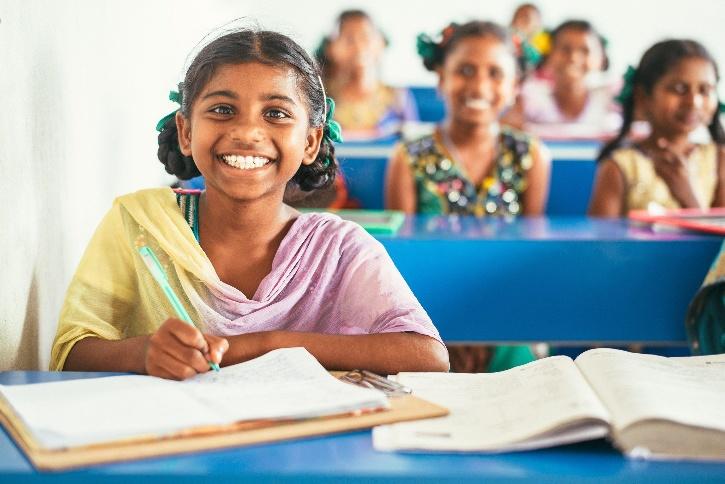

Kailash Satyarthi Children Foundation - Best NGO working for girl child education in India.
Kailash Satyarthi Children’s Foundation (KSCF) founded by Nobel Peace Laureate Kailash Satyarthi is a leader in child protection and child development. KSCF’s concentrates on supporting girl child education for 40 years.
It envisions contributing to global Global economic growth, Reduction in child marriage, Sustainable & everlasting impact, Promotes gender equality, Live healthy & productive lives and less prone to HIV+.
Building on Mr. Satyarthi’s path breaking work of 40 years on promoting and girl child education, KSCF works in partnership with multi-stakeholders both at the grassroots and global level, with governments, businesses, civil society, communities, and children.
Donate online & empower girl child. See the happy childhood they deserve. Your small contribution will make a big difference in their lives!
Our Mission & Our Schemes
Kailash Satyarthi Foundation is a girls education ngo that disseminates best practices relating to girl child protection and rights. We at KSCF believe Freedom is non negotiable. We’ve pledged to eradicate child trafficking, child labour and child marriage right at its source along with addressing other cross-cutting issues of girl child education, child sexual abuse and livelihood.
What is BMG (The Bal Mitra Gram™ (BMG™)?
BMG (The Bal Mitra Gram™ (BMG™) Child Friendly Village - working towards preventing child exploitation in rural villages . Taking democratic actions to empower the community with girl child education. This model breaks the systemic barriers of oppression, in access to rights and injustice.
What is Bal Mitra Mandal (BMM)?
Bal Mitra Mandal (BMM) child friendly urban slums. A concept that will ensure holistic development of children living in urban slums providing Girl child education. Empowering children and their communities to collectively work towards securing their rights and protecting them.
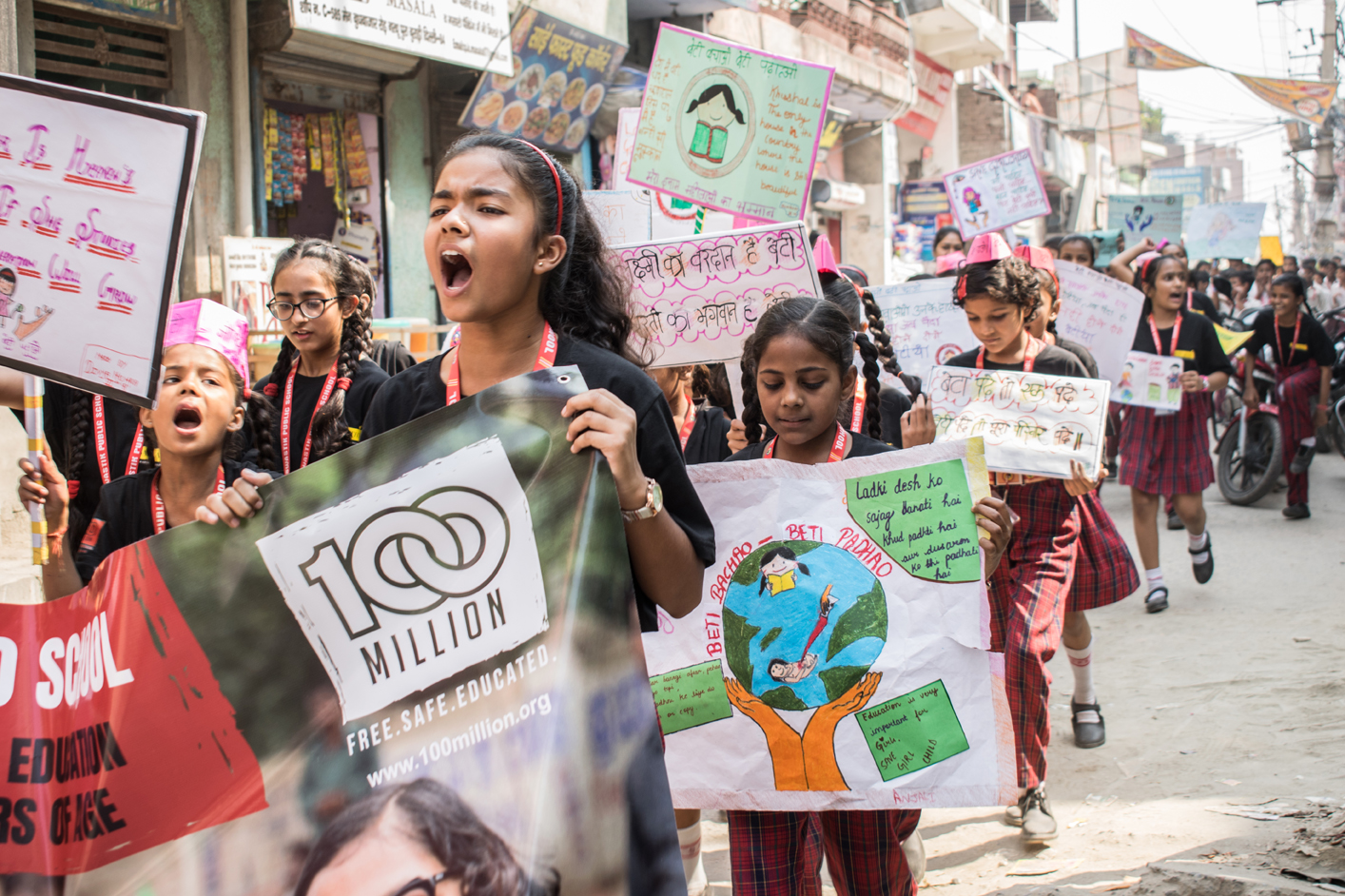

Girl Child Education In india
According to UNESCO, out-of-school children are children of official primary school age who are not in primary or secondary Child education in India. Children in pre-primary education or non-formal education are considered out-of-school.
Vulnerable and marginalised children including children in poverty, migrant children, street children, child labourers, married girl children, bonded child labourers and children affected by disasters and lack of awareness in their communities, are most at risk of being pushed out of school.
Causes of lack of quality education in India include poverty, inaccessibility, lack of proper infrastructure, lack of toilets, books and stationery, absence of teachers and negligible focus on quality.
Due to these factors, children end up dropping out of school leading to serious consequences such as fewer job opportunities, lower salaries, lack of skill sets, higher probability of involvement in criminal activities, early marriage, child labour and child trafficking. Girls especially face double disadvantage due to lack of child education in India.
The Constitution (Eighty-sixth Amendment) Act, 2002, inserted Article 21-A in the Constitution of India to provide free and compulsory education of all children in the age group of 6 to 14 years as a Fundamental Right in such a manner as the State may, by law, determine. The Right of Children to Free and Compulsory Education (RTE) Act, 2009, which represents the consequential legislation envisaged under Article 21-A, means that every child has a right to full time elementary education of satisfactory and equitable quality in a formal school which satisfies certain essential norms and standards.
The National Sample Survey Organisation’s 2017-18 household survey put the number of out-of-school children in India (6-17 years) at 3.22 crore. In January 2020, for the first time, the school dropout rate in India was less than 3%, but Covid-19 will undo that. Globally, more girls are likely to be affected at pre-primary and upper secondary levels, while both boys and girls are at a greater risk of not returning to universities.
Below are the Steps and ways to empower girl education in india –
- Send more children to school
- Donation for girl education
- Volunteer with movement initiators
Below points are about role of girls education charities or NGO –
- Execute projects & promote welfare
- Ensure holistic development
- Perform humanitarian functions


Give children the happy childhoods they deserve
Being India’s most trusted Girl Child Education NGO in India we believe that every Indian citizen is an important stakeholder of the Justice For Every Child campaign. Your donation will enable the creation of an accountable and sustainable child protection ecosystem to keep our children safe.



